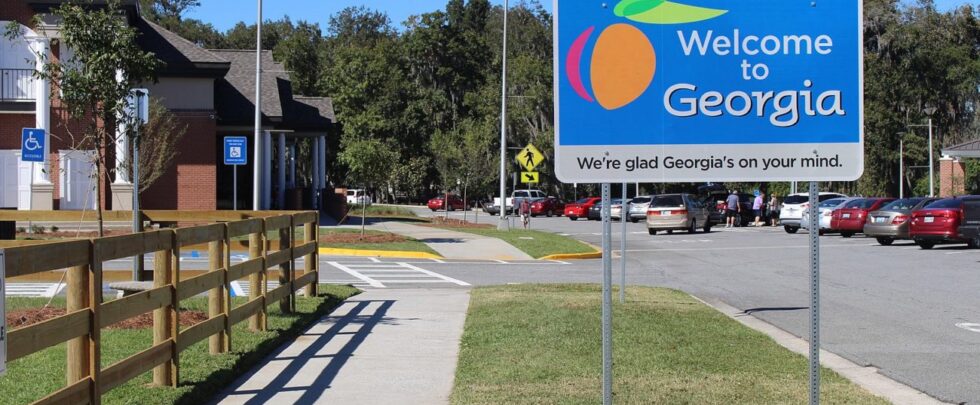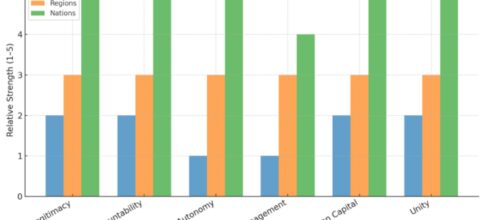Is Georgia sports betting potential similar to North Carolina?
Former North Carolina Rep. Jason Saine kicked off the testimonies. Saine, now a partner at lobbying firm The Southern Group, told the committee that Georgia could generate more than $100 million in tax revenue for education in the state in the first year of sports betting. Georgia’s 2025 fiscal year budget was $41.6 billion. Saine was a key driver in the legalization of sports betting in North Carolina, which generated $116 million in its first year, surpassing the legislative projection of $64 million. The two states have similar populations with approximately 10.8 million people. Saine said a key to revenue was the 18% tax rate in the legislation. “Quite frankly, we’ve been held up as an example for other states. We think we hit a sweet spot,” Saine said. “It’s a little high for my taste, but it’s what we went with to get buy-in.” Jeremy Kudon, president of the Sports Betting Alliance, an industry group backed by Bet365, BetMGM, DraftKings, Fanatics and FanDuel, echoed Saine’s projections. Kudon said the state could bring in $154 million in year one on a 17% tax rate on sports betting revenue. That could jump to $222 million annually by year five. Saine explained the distribution of North Carolina tax revenue from sports betting that includes funding for gambling addiction treatment and prevention, amateur sports, the UNC system and a major events fund. “People will come out and say the sky will fall, it will ruin Georgia,” Saine said. “For the naysayers, we are living proof they’re wrong. We haven’t seen problem gambling rise. We’ve taken the illegal market and made it null and void. And if you want to help people, now you have a mechanism with funding.”
Polls show public support for Georgia sports betting
Kudon stressed the SBA is not asking legislators to legalise sports betting, but to allow Georgians to vote on it themselves. He then noted a University of Georgia and Metro Atlanta Chamber poll from December 2024 that found 63% of Georgians want legal sports betting. Lindsay Slader, SVP of compliance at GeoComply, said during the last NFL season (5 September 2024 to 9 February 2025) that there were 4.4 million geolocation checks from 366,000 sportsbook accounts. That was a 66% increase compared to the previous year. She also highlighted Exit 1 on I-75 in Chattanooga, just over the Georgia state line in Tennessee, where there were 834,000 geolocation checks from 13,000 accounts. During previous legislative efforts, Atlanta sports teams have come out in favour of legalising sports betting. During this week’s meeting, the PGA Tour also backed the efforts. Scott Warfield, VP of gaming at the PGA Tour, said bettors attend more events and watch more tournaments. He also noted that legalising sports betting can help stop nefarious activities associated with the industry. “Yes, there is a revenue benefit; yes, an engagement benefit,” Warfield said. “But it’s a way to better monitor what’s happening by being above board.”
Casino companies show interest in Georgia
Multiple companies testified in front of the commission, excited about the prospect of opening destination resort casinos in the Peach State. That includes representatives from Bally’s Corp, Boyd Gaming, Gaming and Leisure Properties and Wynn Resorts. Christopher Gordon, president of Wynn Resorts Development, said the company is “seriously considering” Georgia. Gordon laid out what major casino companies look for when evaluating markets. He said Wynn looks for:
- Rigorous regulatory environment
- Fixed, limited number of licences
- Reasonable tax rates
- Ample potential customers
- Strong development sites
Gordon then used Massachusetts and its casino development process as an example of a model Georgia should follow. Wynn won a bid process that allowed the company to open the $2.6 billion Encore Boston development on a vacant industrial river site in 2019. He said a new Georgia casino could bring up to 4,000 employees.
Rick Lackey, CEO of City Commercial Real Estate, stressed the importance of destination resort sites, of which Georgia has at least 25 “very good sites”. He said there are casino developers ready to spend upward of $3 billion in the state.















